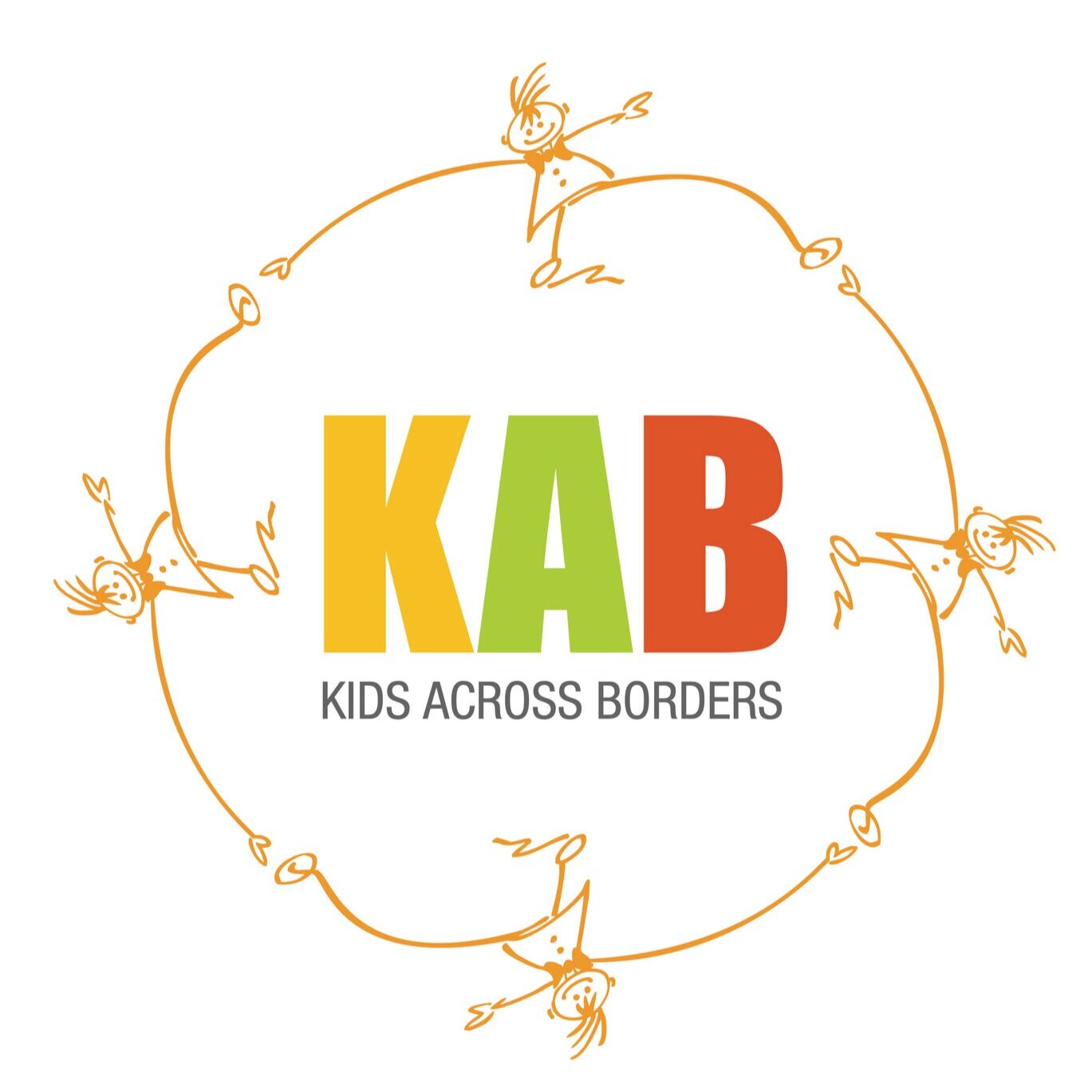Learning Areas
The Kids Across Borders program is structured around the principles of education for sustainable development and provides a springboard of ideas for school linking. Each of the eight learning areas starts with an introduction to the topic for educators and a number of lesson plans with links to the West Australian syllabus. Some of the lesson plans are password protected - this is given to schools when they sign up to the program.
Peace and Friendship
Understanding the importance of peace and friendship and how conflict is a barrier to development.
Images and Perception
Develop a critical evaluation of images of the world and an appreciation of the effect these have on people’s perceptions and views.
Cultural Diversity
Understanding and respecting differences and relating these to our common humanity.
Interdependence
Understanding how people, places and environments are all inextricably interrelated and that events have repercussions on a global scale.
Environmental Sustainability
Having a sense of stewardship of the natural environment and responsibility about the use of resources; understanding that the way we live now affects all life on the planet now and into the future.
Human Rights
Knowing about human rights, how they apply to all people and the responsibilities they entail.
Social Justice
Understanding the importance of social justice as an element in both sustainable development and the improved welfare of all people.
Active Citizenship
Gaining the knowledge, skills and understanding necessary to become informed, active and responsible global citizens.









